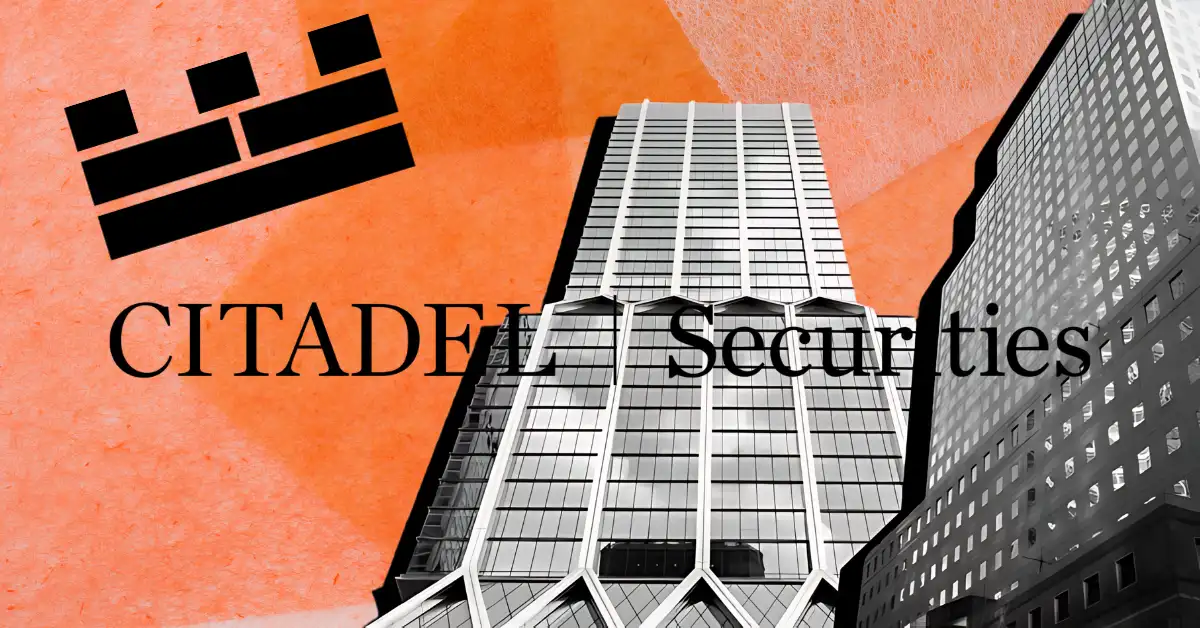The Cautionary Case for Regulatory Prudence in Tokenized Securities
The Promise and Peril of Tokenization
Tokenization, the process of converting traditional assets into digital tokens on a blockchain, represents a seismic shift in financial markets. This innovation promises to democratize access to investments, enhance liquidity, and streamline transactions. However, the rapid adoption of tokenized securities without adequate safeguards could introduce systemic risks that outweigh their benefits. Citadel Securities’ recent warnings to the SEC highlight the delicate balance between fostering innovation and maintaining market stability.
The Risks of Premature Adoption
Liquidity Fragmentation and Market Instability
One of the most pressing concerns is the potential for liquidity fragmentation. Traditional markets rely on centralized exchanges where institutional investors provide liquidity, ensuring stable price discovery. Tokenized securities, however, could create parallel markets with different liquidity pools, leading to inefficiencies and increased volatility. If liquidity shifts to less regulated platforms, it could undermine the stability of traditional markets, ultimately harming retail investors who depend on institutional participation for market stability.
Regulatory Arbitrage and Uneven Competition
Another significant risk is regulatory arbitrage. If tokenized securities are subject to less stringent regulations than traditional securities, companies may issue tokens primarily to avoid compliance costs rather than to innovate. This could create an uneven playing field, where some firms gain an unfair advantage by operating in a less regulated environment. Over time, this could lead to a “race to the bottom,” where regulators compete to offer the most lenient rules to attract issuers, further eroding market integrity.
Investor Confusion and Misaligned Incentives
The 24/7 nature of tokenized securities markets could confuse investors, particularly retail participants who may not have the expertise to monitor their investments continuously. Fractional ownership, while beneficial in theory, could also lead to impulsive decision-making driven by short-term price fluctuations. Additionally, the lack of standardized disclosure requirements could leave investors with insufficient information to make informed decisions, increasing the risk of financial losses.
The Threat to Traditional IPOs
Tokenized securities could also disrupt the traditional IPO process, which is a critical source of capital for companies. If investors shift their focus to digital equity exchanges, it could reduce the flow of capital to traditional IPOs, limiting institutional participation and stifling innovation. This could have broader economic implications, as IPOs play a vital role in financing growth and innovation.
Custody, Collateral, and Liquidation Challenges
The secure custody of digital assets remains a significant challenge. Without robust security measures, investors face the risk of loss or theft. Additionally, the volatility of crypto assets could pose challenges for collateral management. If tokenized securities are used as collateral, sudden price declines could trigger margin calls, leading to a cascade of liquidations and further market instability.
The Need for a Thoughtful Regulatory Approach
Establishing Clear Regulatory Frameworks
To mitigate these risks, the SEC must establish clear regulatory frameworks that ensure tokenized securities are treated consistently with traditional securities. This includes defining the regulatory status of tokenized securities, implementing robust custody and security standards, and enforcing disclosure requirements to protect investors.
Enhancing Market Surveillance
The SEC must also enhance its market surveillance capabilities to detect and prevent fraud and manipulation in the tokenized securities market. Given the global nature of crypto markets, international coordination is essential to prevent regulatory arbitrage and ensure consistent enforcement.
Engaging Stakeholders in the Rule-Making Process
Citadel Securities’ recommendation for a formal rule-making process underscores the importance of a well-considered and transparent approach. This process should involve input from all stakeholders, including industry participants, academics, and consumer advocates, to ensure that the final regulations are both effective and fair.
Conclusion: A Balanced Path Forward
Tokenization holds immense potential to transform the financial landscape, but its successful integration requires a measured and thoughtful approach. Citadel Securities’ cautionary tale serves as a valuable reminder that innovation should not come at the expense of market integrity and investor protection. The SEC must resist the urge to rush forward and instead prioritize the development of a robust regulatory framework that paves the way for a safe, efficient, and equitable future for tokenized securities. By proceeding with caution and engaging in meaningful dialogue with all stakeholders, the SEC can ensure that tokenization fulfills its promise without creating unintended consequences.

